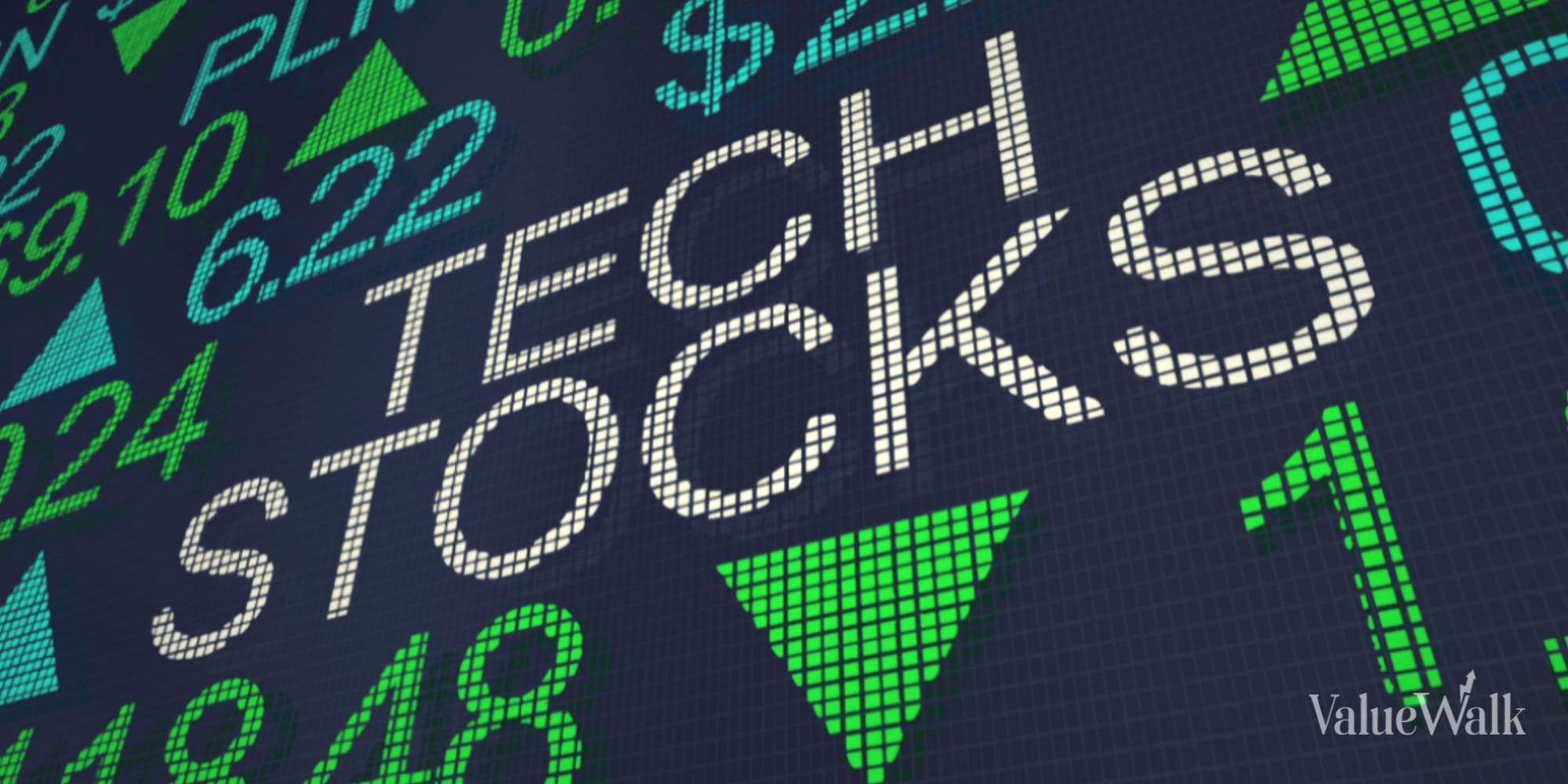The bigger they are, the harder they fall. It doesn’t get any bigger than the so-called “Magnificent Seven” mega-cap technology companies in 2023, but a not-so-magnificent earnings season could topple this group of tech titans.
Worse yet, a handful of leaders-turned-laggards might end up tanking the major stock-market indexes. This is what can happen when a relative few index components participate in a breathtaking rally. It’s also a sign that many retail stock traders are either too young to remember the dotcom bubble’s burst or simply haven’t learned the harsh lesson of the past.
When the generals fight the war
The concept of breadth, or having a broad representation of many stocks leading the market higher, has been a frequent topic of conversation among value-focused investors and market commentators this year. Liz Ann Sonders, managing director and chief investment strategist at Charles Schwab (NYSE:SCHW), sounded the bad-breadth alarm bell earlier this month.
“It’s not terribly healthy,” Sonders warned, referring to this year’s stock-market rally being almost entirely predicated on only seven tech stocks. She used the apt analogy of the “Magnificent Seven” stocks as the generals — while the other 493 S&P 500 components would be the foot soldiers.
“Even if the generals are strong on the front line, if the soldiers have fallen way behind, it’s not as strong a front as if you had generals and soldiers on the front line,” Sonders explained.
How can seven tech stocks be responsible for a 500-stock index’s rise? It’s possible because the S&P 500 is weighted by market capitalization, so larger companies like Tesla (NASDAQ:TSLA), Alphabet (NASDAQ:GOOGL) (NASDAQ:GOOG) and Meta Platforms (NASDAQ:META) have outsized influence on the calculation of the index.
Perhaps, then, a more accurate gauge of the rally (or lack thereof) in stocks would be an an equal-weight version of the S&P 500. There’s actually an exchange-traded fund (ETF) for this: the Invesco S&P 500 Equal Weight ETF (NYSEARCA:RSP).
With a quick check on Google Finance, I found that the NASDAQ-tracking Invesco QQQ Trust (NASDAQ:QQQ) was up 32.46% year to date this morning. In contrast, the non-market-cap-weighted RSP ETF was down 3.98% year to date. To help drive the point home, Sonders charted the divergence between the equal-weighted S&P 500 and the market-cap-weighted S&P 500:
For good measure, Ensemble Capital charted the performance difference but also added the volatility differential into the mix:
Not-so-magnificent earnings reports
Don’t get the wrong idea here. I’m not suggesting 2023 is exactly like the 2000 dotcom bubble and burst. There are similarities, however.
In early 2000, the market caps of unprofitable companies like Pets.com ballooned simply because they had some connection to the then-emerging internet. Those companies crashed and burned by the end of the year, taking the majority of large-cap stocks down with them.
A similar story may be playing out in 2023, except you can replace “dotcom” with “artificial intelligence.” On the other hand, AI-focused companies like Microsoft (NASDAQ:MSFT), Meta Platforms, and Alphabet are profitable, unlike Pets.com in 2000.
However, since only a few pillars have held up the S&P 500 and NASDAQ this year, it might only take a few less-than-ideal earnings reports or conference calls to topple the house of cards. Such may be the case right now as Tesla, Alphabet and Meta Platforms disappointed investors with their third-quarter data releases and/or earnings calls:
- Tesla reported soft operating profit margins for Q3, and CEO Elon Musk indicated that it could take a year and a half before Tesla’s Cybertruck electric pickup is a “significant profit contributor.”
- Alphabet’s Google Cloud revenue declined 28% quarter over quarter to $8.4 billion, falling short of Wall Street’s call for $8.6 billion. This not only prompted a sell-off in GOOGL and GOOG stocks but also spooked investors into dumping Amazon (NASDAQ:AMZN) stock over concerns of a potential deceleration in growth for the company’s AWS cloud business.
- Meta Platforms CFO Susan Li observed “softer ad spend in the beginning of the fourth quarter, correlating with the start of the conflict” in the Middle East; this headwind, according to Li, was reflected in Meta’s current-quarter revenue outlook.
Unlike some commentators, I’m not concluding that a stock-market crash is imminent. However, prudent investors ought to pay attention to the market-breadth problem and adjust their portfolio strategies accordingly, if necessary. Simply keeping a chart of the RSP ETF or another equal-weighted index fund on one’s screen can help reveal what’s really going on under the hood of this grossly imbalanced market.












